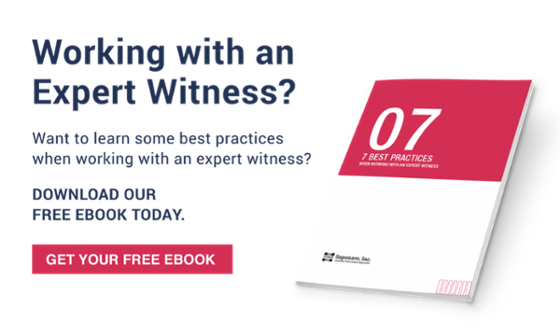Individuals May Be Responsible for Corporate Tax Payment by the IRS
July 10, 2017

Corporate law classes, MBA classes, and even undergraduate classes teach us that businesses should incorporate in order to protect individual owners from corporate debt. Incorporating the business allows the individual to escape corporate liabilities should the corporation fall on hard times. This frees entrepreneurs to open new businesses, hire employees and benefit society with their free enterprise spirit.
The IRS, however, is one of the few exceptions. When it comes to corporate employment taxes, IRS Collection can assess individual corporate officers, employees, or anyone else it deems “responsible” with the employee’s portion of the payroll taxes. Payroll taxes consist of three parts:
- Employee’s withholding taxes
- Employee’s (FICA) social security taxes
- Employer’s (FICA) social security taxes
The employee’s portion (employee’s withholding plus employee’s social security) is often referred to as the trust fund portion because the business “holds” the employee’s taxes and is responsible for paying them over to the IRS. Through the Trust Fund Recovery Penalty, the IRS will seek to recover the trust fund portion from individuals responsible for paying over the taxes.
IRS will review documents, bank records, and interview those involved to determine who was responsible for making the tax payments but did not do so. Typically, the IRS assesses corporate officers and/or those authorized to sign checks, but there are exceptions.
The individuals held responsible will be held responsible joint and severally liable, meaning each party will be held independently liable for the full extent of the amount due, but the total amount will only be collected once. The IRS could collect all from one or a portion from each, it would depend how the collection activity transpired.
Thus, when setting up a business, it is important to make clear who is responsible for making the payments. More importantly, it is important to establish proper oversight of the tax payment process because often everyone is left “holding the bag.” The IRS, when it comes to the Trust Fund Recovery Penalty, will not have sympathy for individuals running a business where one person was responsible for the taxes and failed to pay over the taxes. More often, if one has check writing authority, they were deemed responsible. Secondly, when your company or the company that you’re advising finds itself in payroll tax problems, it would be advisable to obviously pay the taxes as soon as possible, but the company should designate payments to the trust fund portion first.
The author of this document has 27 years of IRS experience as well as 5 years as a Special Assistant US Attorney. He is currently consulting in tax-controversy issues.

